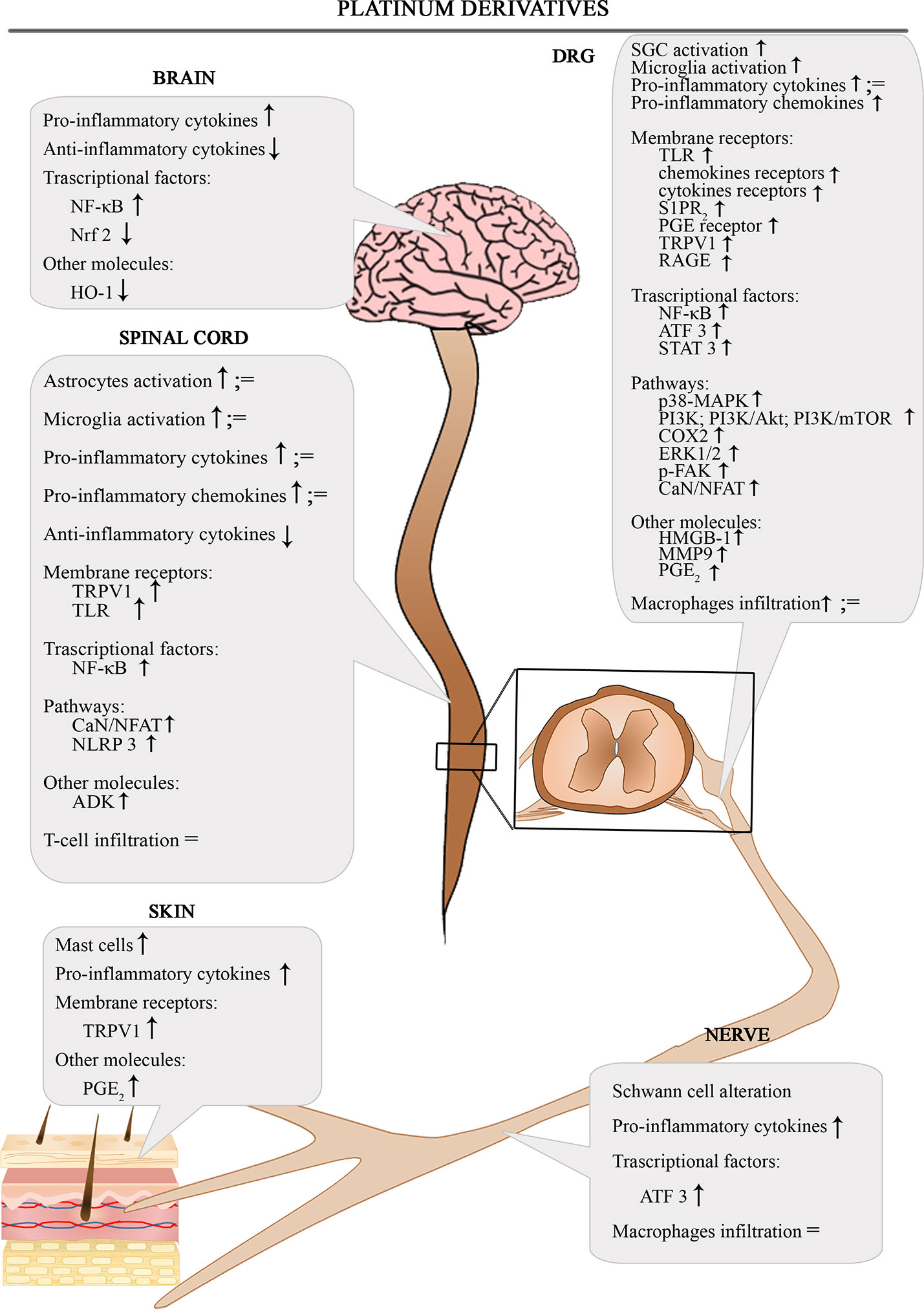
Current AD medications, memantine and acetylcholinesterase inhibitors (AChEIs) alleviate some of these symptoms by enhancing cholinergic signaling, but they are not curative. The lowered concentrations of acetylcholine (ACh) in AD result in a progressive and significant loss of cognitive and behavioral function. Recent therapeutic approaches have been strongly influenced by five neuropathological hallmarks of AD: acetylcholine deficiency, glutamate excitotoxicity, extracellular deposition of amyloid-β (Aβ plague), formation of intraneuronal neurofibrillary tangles (NTFs), and neuroinflammation. AD is the most common neurodegenerative disease worldwide, affecting one-fifth of those aged over 85 years. This results in fewer red blood cells, white blood cells, and/or platelets.Alzheimer’s disease (AD) is a major form of senile dementia, characterized by progressive memory and neuronal loss combined with cognitive impairment. Myelosuppression occurs when the bone marrow slows production of blood cells. The percentage of blood that is made up of red blood cells.īreast cancer is considered stage II when the tumor can be described as being: a) no more than 2 centimeters wide and has spread to lymph nodes under the arm b) between 2 and 5 centimeters across and may or may not have spread to lymph nodes under the arm c) larger than 5 centimeters but has not spread to lymph nodes under the arm.Ī change in a person's condition caused by taking a medication, using a medical device, or through another type of treatment. Fatigue is also often present in patients with anemia.Ī test that determines the number of red blood cells, white blood cells, and platelets in a blood sample.Īn intravenous infusion of blood or parts of blood.Īn invasion of microorganisms (bacteria, viruses, fungi, and parasites) that have the ability to multiply and produce disease. Fatigue is commonly caused by cancer treatments, but can also result from the disease itself. For example, a fever can be a symptom of an infection.įatigue means feeling tired, weak, sleepy, forgetful, or worn out, and having no energy to go about your daily routine.

Shortness of breath, fatigue, and weakness are common signs of anemia.Ī sign or indicator of a disease or illness. Red blood cells are important because they carry oxygen from the lungs to all other cells in the body. The part of the red blood cell that carries oxygen from the lungs to other organs in the body.Īnemia is a lower-than-normal number of red cells in the blood. Too few red blood cells can lead to anemia. They circulate in the blood and carry oxygen to all parts of the body. Red blood cells are made in the bone marrow and released into the blood. The following questions are a great way to start a dialogue with your doctor. It's important to talk to your doctor and care team about your risk of developing anemia. As with all treatments, speak with your doctor and healthcare team about the risks and benefits of each of these treatments. There is a small risk of infection or allergic-type reactions with transfusions. If your anemia symptoms become severe, you may need a blood transfusion. Your doctor may talk with you about medicines to prevent anemia. If you do become anemic, your doctor may prescribe iron or other supplements. Be sure to keep your care team aware of any symptoms of anemia you have while on chemo. Your doctor will keep close track of your blood cell counts throughout your treatment.


Left untreated, anemia can cause many problems, including: But the symptoms could get worse as you become more anemic. You may not realize that you're anemic because the symptoms can be mild or even go unnoticed. Watch for the following symptoms they may suggest to your doctor that you are anemic: Anemia can also be caused by:Īnemia (low red blood cells) can easily be confused with other, more general problems. It may also cause problems with your heart, brain, and nerves.Ĭhemo is not the only possible cause. If you have fewer red blood cells, a reduced amount of oxygen circulates through your body and you can become anemic. Chemotherapy (chemo) can affect your red blood cells. Red blood cells contain hemoglobin, which carries oxygen from your lungs through your body.


 0 kommentar(er)
0 kommentar(er)
